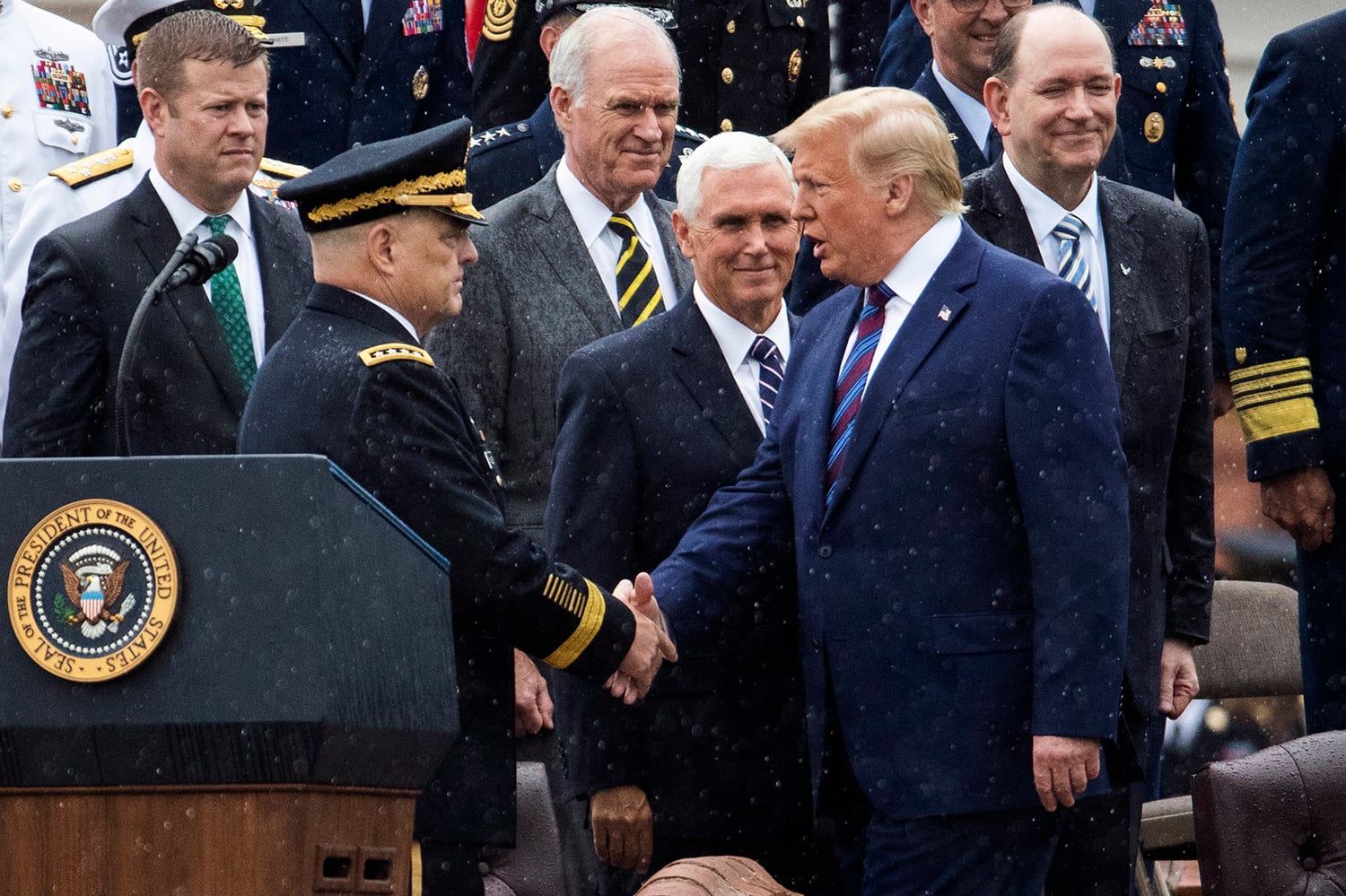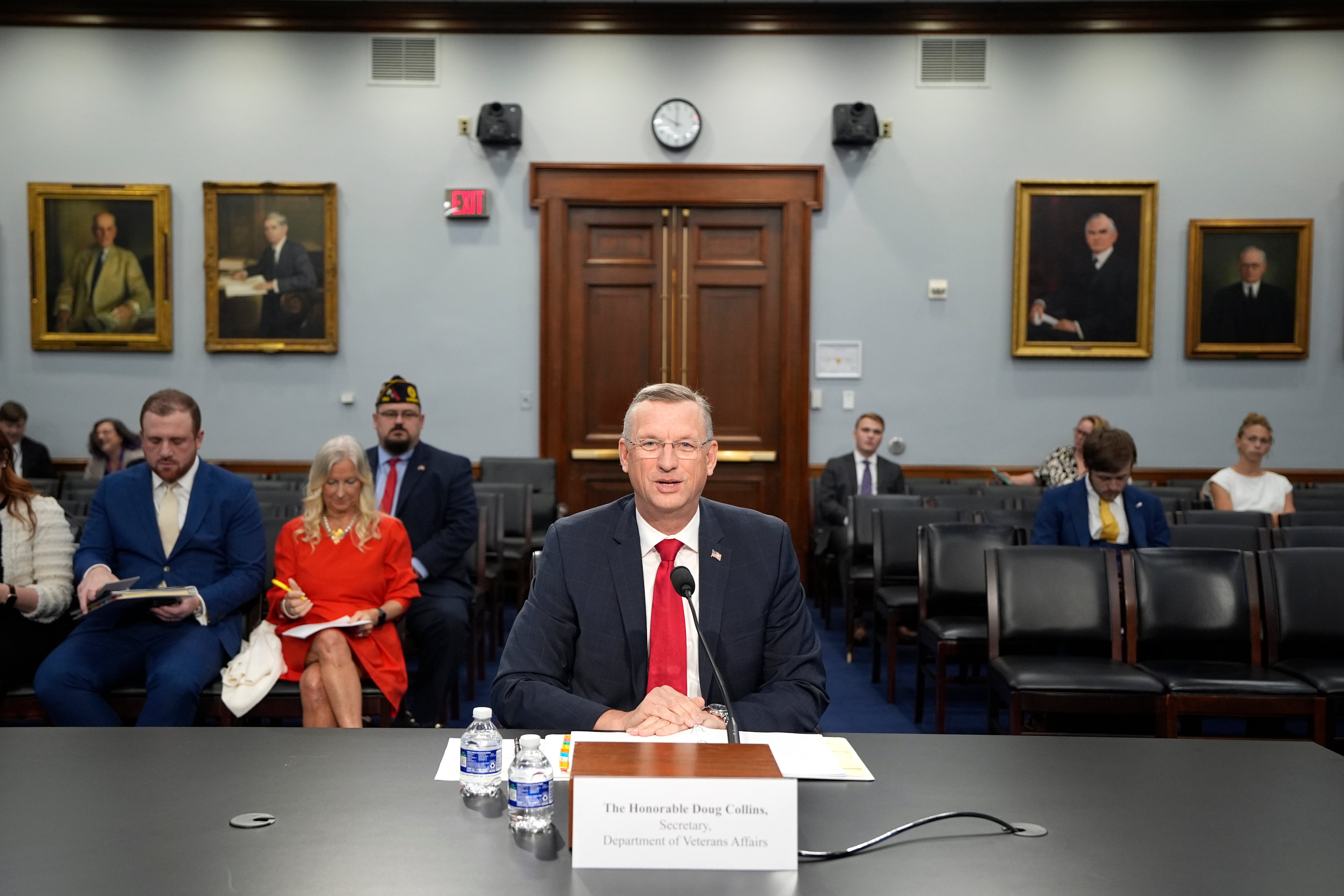A new Defense Department policy allows HIV-positive service members with an undetectable viral load to not only stay in uniform, but remain deployable.
New guidance laid out in a memo released Tuesday reverses a previous policy that allowed commanders to involuntarily separate troops with HIV, prevent them from deploying ― which can result in a discharge on its own ― and prevent enlisted troops from attending officer candidate school and earning a commission.
In the memo, Defense Secretary Lloyd Austin cites “significant advances in the diagnosis, treatment and prevention of” HIV as the impetus for the policy change.
A 2019 report by the Congressional Research Service found that about 350 service members are diagnosed with HIV annually, or 27-per-100,000 troops.
The update comes as DoD has been party to multiple recent lawsuits having to do with HIV and military service. In April, a federal judge in Virginia ruled that the services can’t discharge or prevent the commissioning of current service members based solely on HIV status.
The plaintiffs in that case were two airmen, as well as a D.C. Army National Guard noncommissioned officer who had been barred from becoming a judge advocate.
The new policy does not deal with accessions, however. HIV-positive status is still disqualifying for anyone who wants to join the military, except in cases where a cadet or midshipman is diagnosed while already participating in a commissioning program.
The new policy will directly affect a federal lawsuit filed in May by a cadet at Norwich University in Massachusetts after his school’s ROTC program dropped him based on his HIV status.
The policy also keeps troops deployable, which is another prerequisite for service in general.
RELATED

The Army in recent years has cracked down on soldiers who have been on limited duty for extended periods of time, either requiring them to take steps to become deployable or pushing them through a board for separation.
The stipulation that a service member have no detectable viral load is key, as asymptomatic and undetectable HIV patients can manage their conditions with medication and nearly eliminate the risk of transmission to others, according to the Centers for Disease Control and Prevention.
Now, service members or cadets and midshipmen who test positive for HIV will be referred for treatment, then evaluated individually. If their viral load is controllable, they can stay in uniform. If not, they will go through the medical board process and eventually be discharged.
A working group will create guidelines for these case-by-case determinations, including a set amount of time one has to stay undetectable to be retained. Those standards are due back to Austin in six months, according to the memo.
The service secretaries will also, every six months, report the number of HIV-positive troops they have discharged, as well as the number of undetectable HIV-positive troops refused a commission, to the defense undersecretary for personnel and readiness.
Meghann Myers is the Pentagon bureau chief at Military Times. She covers operations, policy, personnel, leadership and other issues affecting service members.





